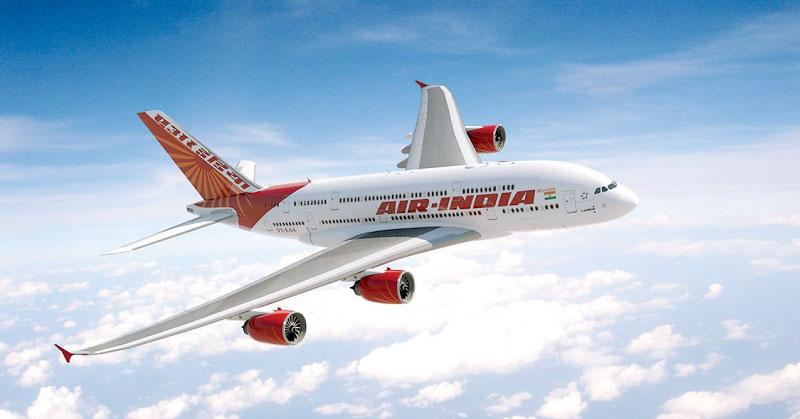
New Delhi - Air India will add a dozen planes this year, including 11 Airbus A320neo jets, as the carrier seeks to tap rising travel demand at home and expand overseas.
The state-owned airline is charting out a plan to add more overseas routes, Chairman and Managing Director Pradeep Singh Kharola said in an interview. Air India will also take delivery of a widebody Boeing 777-300 Extended Range plane by the end of February, increasing the fleet of such aircraft to 16, he said. Air India started inducting the fuel-efficient A320neo planes on lease from early 2017 whereas the 777-300ER plane is part of an earlier order with Boeing.
Airlines in India are expanding fleet with record plane orders in recent years on expectations that rising middle-class incomes and an expanding economy will spur demand for business and leisure travel. Meanwhile, intense competition has ensured that air fares remain largely affordable despite rising fuel prices.
InterGlobe Aviation’s IndiGo, India’s largest carrier by market share, has ordered 530 Airbus planes since 2011. Budget airline SpiceJet last year agreed to buy 40, 737 Max 10 planes from Boeing, while GoAir has ordered 144, Airbus A320neo planes. Air India had ordered 68 planes from Boeing in 2006. It has an operational fleet of 118 aircraft, split between 48 widebody and 70 narrowbody planes.
Kharola said the carrier will use the new Boeing plane to grow frequencies to its existing destinations in the U.S. and Australia. Air India, a member of the Star Alliance, flies to U.S. cities such as New York and San Francisco, as well as to Sydney and Melbourne.
Air India is currently finalizing a flight plan with Israeli authorities to start a direct flight to Tel Aviv, he said, adding that the carrier aims to start up to three weekly flights in March.
He didn’t say whether Air India would continue with the flight plan even if Saudi Arabia declines permission to use its airspace for the service. Flag carrier El Al Israel Airlines operates four weekly flights to Mumbai, but it has to take a circuitous route to avoid Saudi airspace, which takes seven hours instead of five.
Kharola said the airline including its units are continuing to improve their performance with more than a 10% growth in revenue each month although higher oil prices remain a cause for concern as it accounts for about one-third of costs. The Air India chief didn’t say whether the carrier will improve its financial performance this fiscal year through March.
“We will get the real picture in March,” he said. “Operations do convert into financials but there are several factors which are beyond our control. If oil prices go up, then in spite of good performance, the financials may be hit.”
Meanwhile, Air India has temporarily halted plans to order new planes or lease them, Kharola said, amid the federal government’s push to privatize the unprofitable carrier.
“Aircraft which have been ordered already are coming. So, there is expansion. But, we are not taking any further big decision,” he said.
Jayant Sinha, India’s junior civil aviation minister, said earlier in February that the government plans to sell a more than 51% stake in Air India to a private bidder by the end of December.
It has so far officially received interest from two bidders: an unnamed foreign airline, and IndiGo.
Analysts expect Air India’s debt of about 520 billion rupees to be a deterrent for potential private suitors, although the carrier’s flying rights in domestic and international airports, and its aircraft assets including Boeing Dreamliner planes would be lucrative options.
Minister Sinha recently said in parliament that Air India’s net losses widened to 57.65 billion rupees in the previous fiscal year ended in March, from 38.36 billion rupees a year earlier. The carrier however doubled its operating profit to 2.98 billion rupees.
- Nikkei Asian Review
